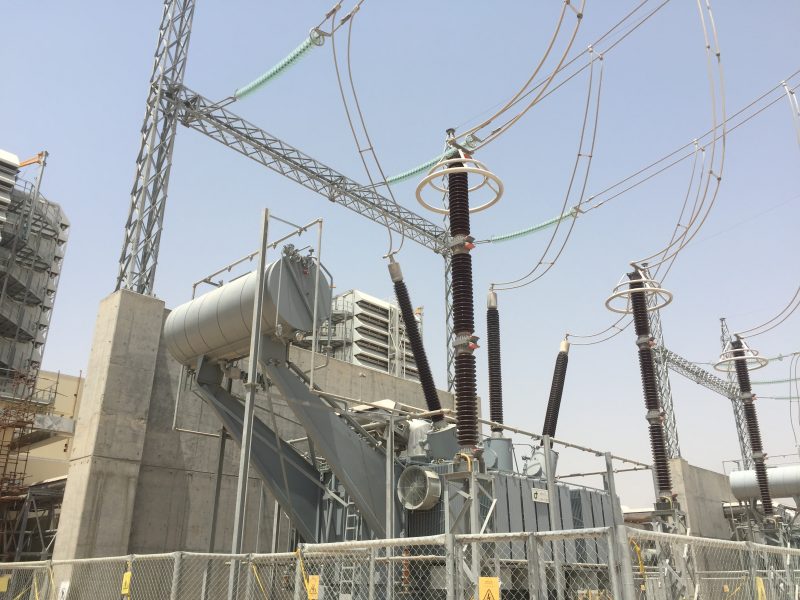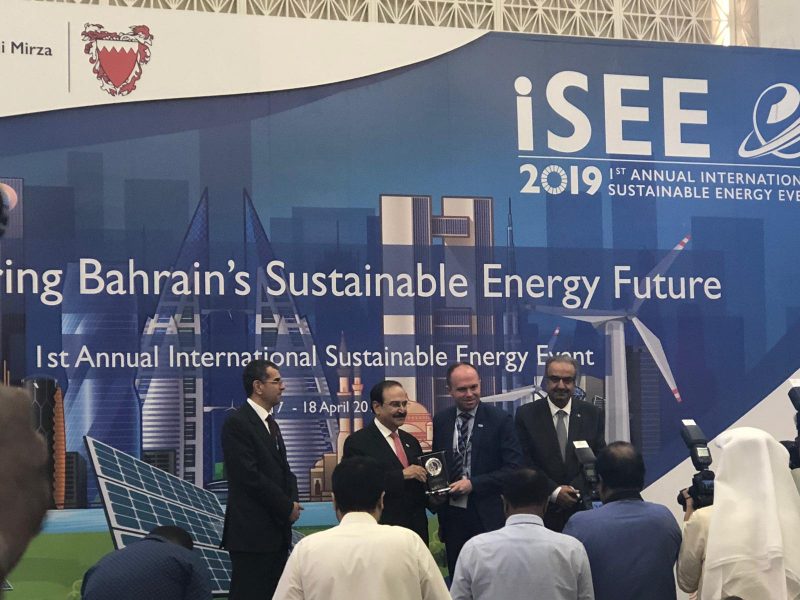Who has never had a close friend or relative, or perhaps experienced in first person the need for blood units?
Being aware that this is a permanent need, our team in India for the RP800 project decided to give the best gift to those in greatest need: ‘life’. By voluntarily organising a blood donation campaign, hundreds of people who undergo medical treatments or critical care will have the opportunity to recover their health thanks to the given blood units. Hence the Blood Bank Government Hospital in Dharapuram has formally recognised this selfless initaitive.
Thus, in addition to the personal gratification in helping others, our donors will enjoy some benefits when accessing medical services in the hospital such as avoiding long lines, preferential attention in an emergency case or in the personal need for blood units.
 Each person has approximately five litres of blood that the heart normally drives through the arteries to reach all the body tissues, and that recovers through the veins after oxygenation in the lungs. From this five litres, 55% is plasma, a liquid that serves as a suspension medium for platelets, parts of cells that the body uses for clotting; red blood cells, responsible for transporting oxygen to the lungs; and leukocytes, cells of the inmune system that are involved in protecting the body against both infectious disease and foreign invaders. Having the correct amount and functioning of this fluid is essential for an optimal state of health; however, due to various reasons, millions of people around the world need blood donors to achieve it.
Each person has approximately five litres of blood that the heart normally drives through the arteries to reach all the body tissues, and that recovers through the veins after oxygenation in the lungs. From this five litres, 55% is plasma, a liquid that serves as a suspension medium for platelets, parts of cells that the body uses for clotting; red blood cells, responsible for transporting oxygen to the lungs; and leukocytes, cells of the inmune system that are involved in protecting the body against both infectious disease and foreign invaders. Having the correct amount and functioning of this fluid is essential for an optimal state of health; however, due to various reasons, millions of people around the world need blood donors to achieve it.
Remember that people in greatest need of blood transfusions are those being treated for certain diseases (such as cancer or inherited blood disorders), undergoing orthopaedic or cardiovascular surgeries, accident victims in critical conditions, among many other medical situations.
We congratulate all our heroes and heroines in India for participating in this noble initiative and encourage all our people (who meet the requirements) to join the voluntary blood donation in your local hospitals.
Sources: World Health Organization; Health Engine





